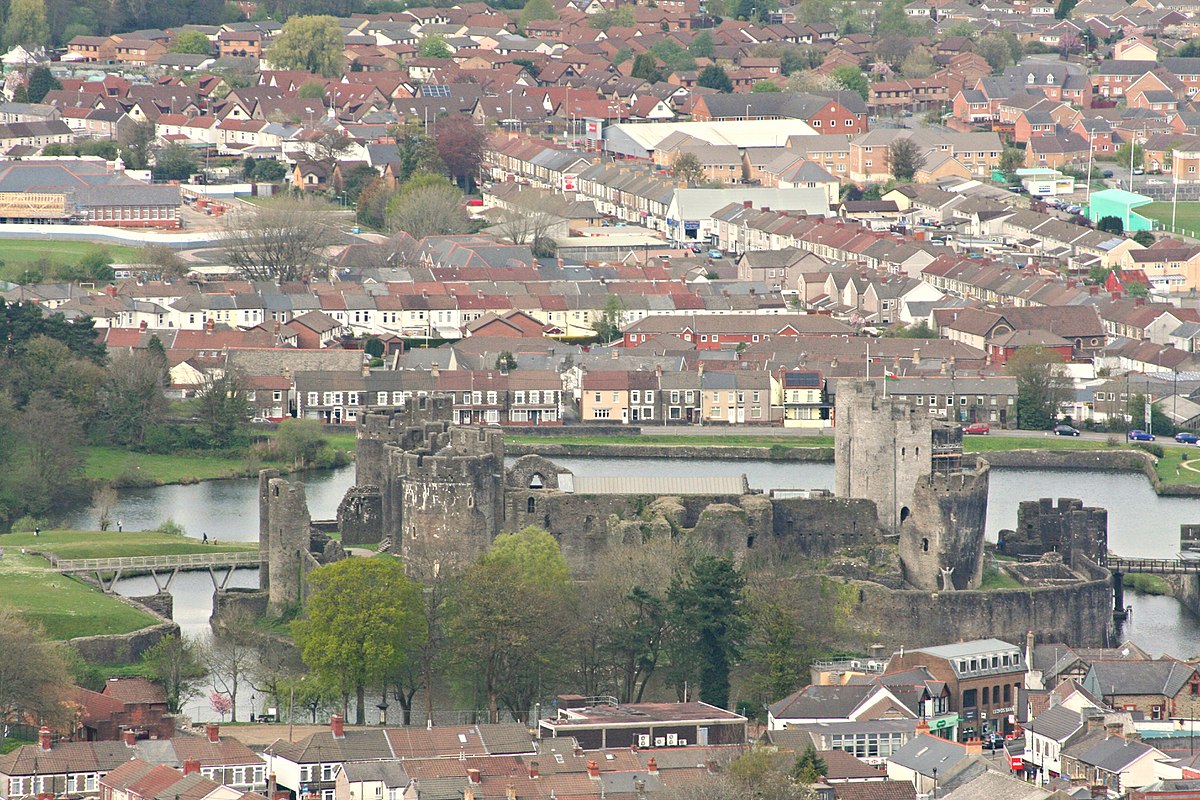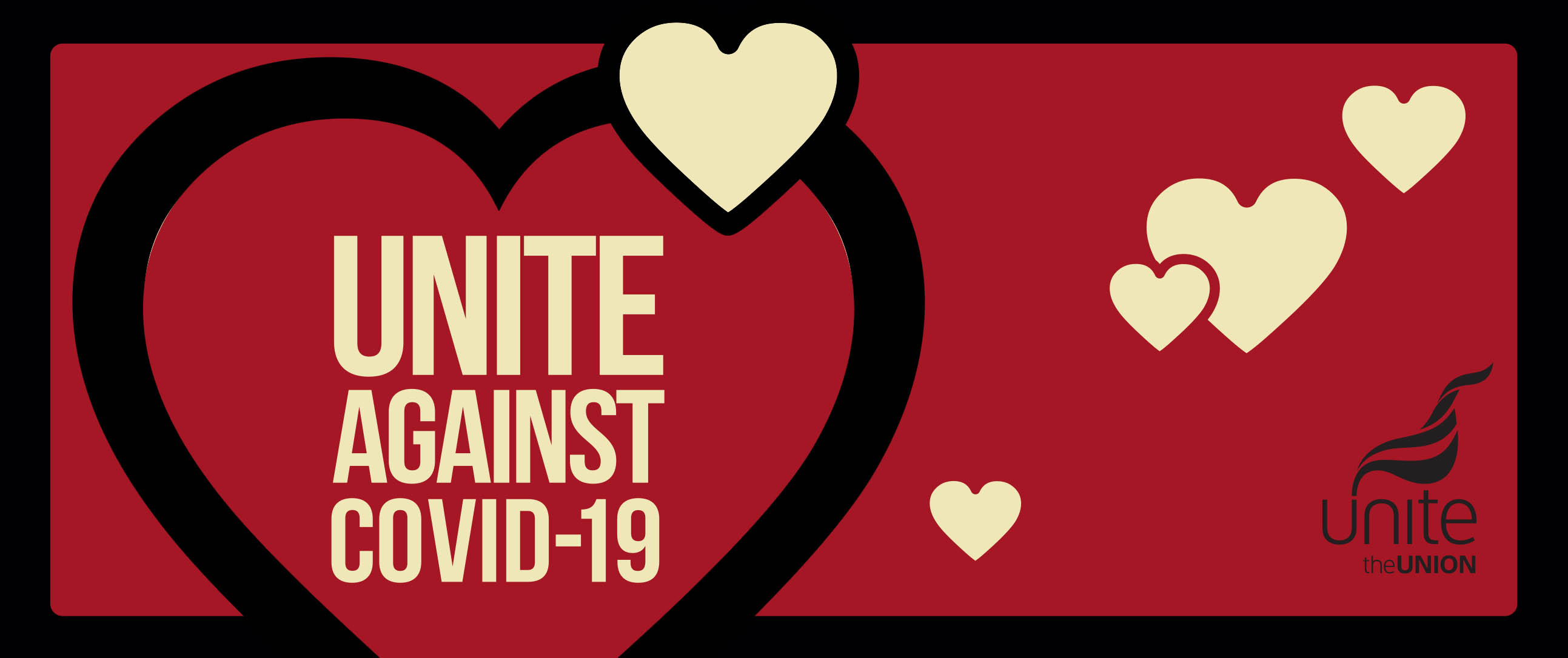â€Where were the black kids then?’
To celebrate Black History Month this week on UNITElive, every day we meet a Unite member who tells us of their own experiences. Today we meet Tracey Liburd
Tracey Liburd will never forget when the TV show How We Used To Live came to her Leeds primary school.
The producers asked the group of enthusiastic seven and eight-year-olds to dress up in Victorian period costumes and be extras on the show.
“It was dressing up time and everyone was excited. They dressed me up but then said they couldn’t show me on the television because there weren’t any black kids around then,” Tracey said.
“It felt like they put me and the other black kids in a corner. I asked them where were they then? But nobody would answer my question. That’s always stuck with me.”
In the 35 years since things have improved; from 2014 there has been some provision for black history within the national curriculum, something Tracey has confirmed herself by asking her young nieces and nephews.
But the ignorance that led the producers to wrongly declare that there were no black people in Victorian England is still prevalent. Most adults in the UK will have never been given any sort of education on the subject.
A rarity
That’s why Tracey, who is a Unite rep at Barclays Bank, has been promoting Black History Month at work – although she is certain that similar measures are a rarity in Britain.
“In schools they are more involved. But it’s still a push that needs to happen. If I didn’t take the Unite leaflets into my workplace, there’d be nothing.
“I gave out badges and some people were very reluctant because they felt they could only wear them if they were black. But I told them that’s not what it’s about. It’s about recognising there is black history among us,” explained Tracey.
Engaging people who are unaware that you don’t have to be black to appreciate black history is just one side of the struggle. Tracey worries that many black people are put off from talking about their heritage.
“They don’t want to be stigmatised as somebody who wants to be treated differently because they’re black. I do think that’s what people fear at the moment,” she said.
If from a young age you are singled out as different because of your ethnicity, avoiding discussions that highlight those differences might be a way of coping.
The problem is, says Tracey, with certain subjects out of bounds some black people “naturally assume they can’t be themselves”.
It’s an understandable reaction to a world where prejudice and discrimination are still rife and one of the reasons Black History Month is so important: it breaks the silence and helps dispel an awkwardness for both black and white people that is often there for no real reason.
“I would definitely say that if you’re the only black person at your work and you want to talk about black history, then talk about it. You’re not forcing an issue. It’s quite factual – there is black history. It’s not just about the slavery part; it’s about the good parts as well,” said Tracey.
Unite is there to support any member who wants to promote racial equality at work, whether through Black History Month or any other initiative.
For Tracey, the union’s role in supporting BAEM members is positive “but there is a lot more work to be done.”
- Don’t forget to tune in tomorrow for another account in this series
 Like
Like Follow
Follow


